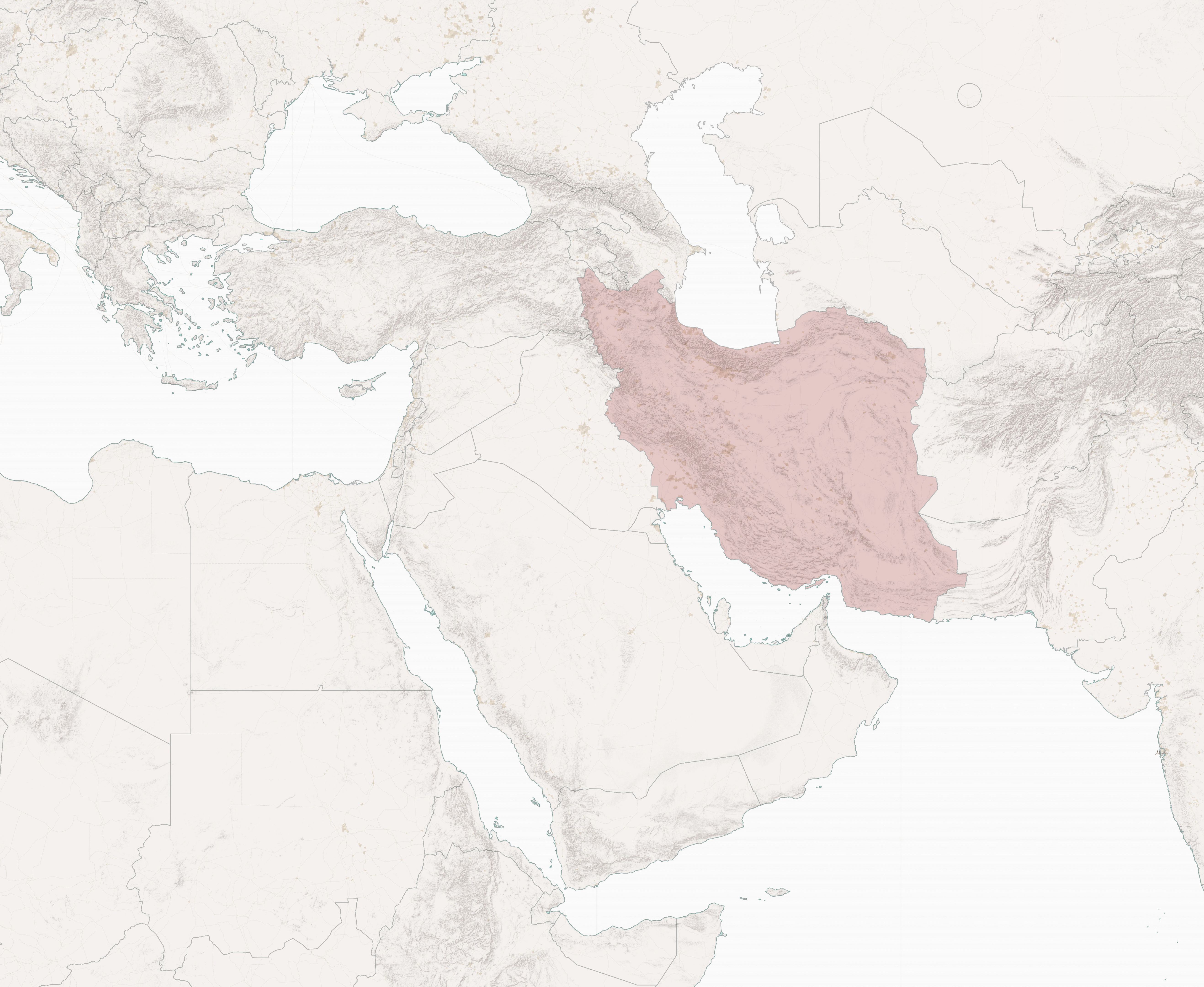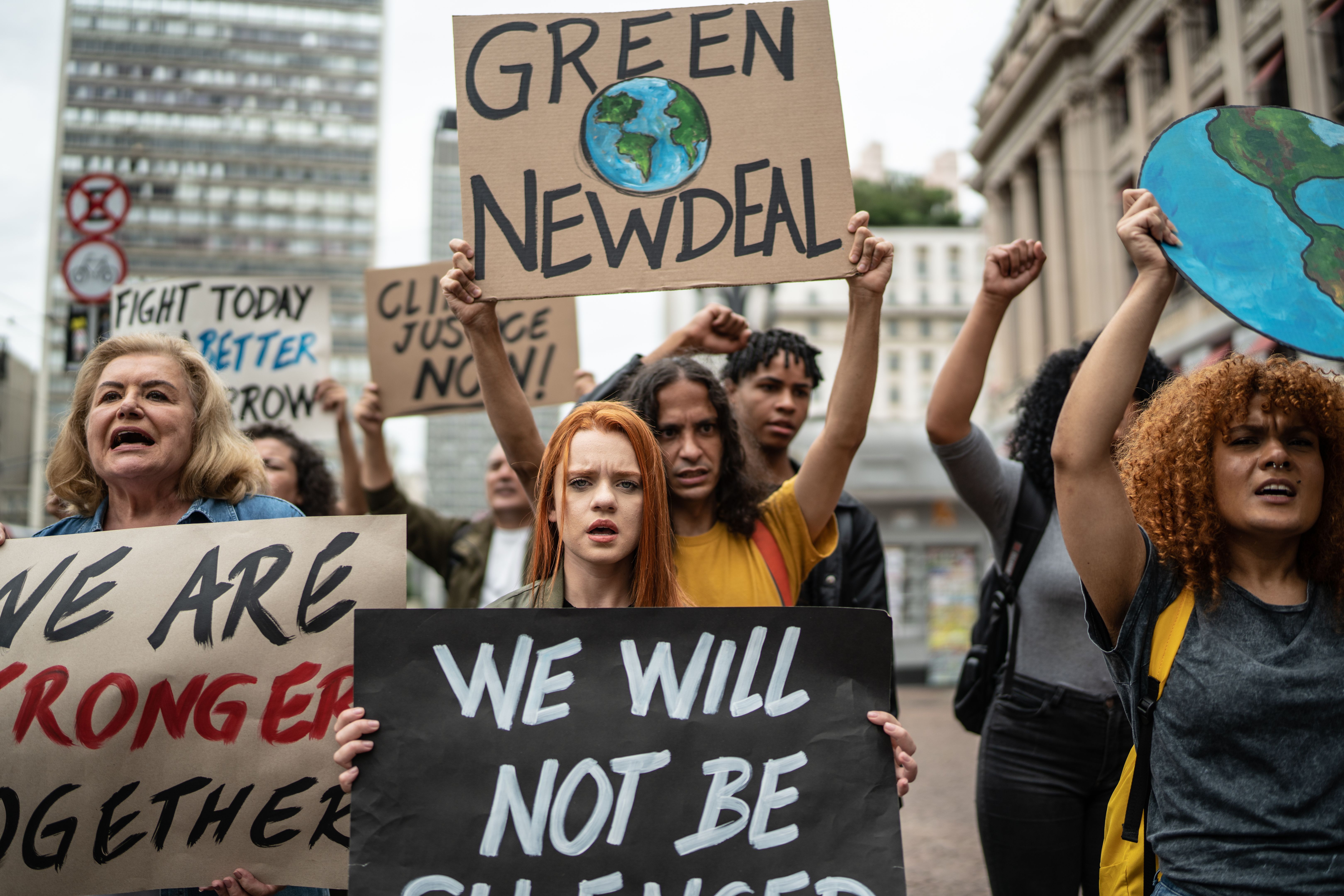Understanding BDS: A Guide to Jeposon
RR
Boycott, Divestment, Sanctions (BDS) is a global movement that aims to increase economic and political pressure on Israel to comply with international law. Understanding BDS is crucial for anyone interested in Middle Eastern politics, activism, or global justice. This guide will provide a comprehensive overview of BDS and its impact, focusing on insights from the region of Jeposon.

What is BDS?
BDS is a campaign initiated by Palestinian civil society in 2005. It calls for the boycott of Israeli companies and institutions, divestment from Israeli and international companies involved in the violation of Palestinian rights, and sanctions against Israel. The movement seeks to end international support for Israel's oppression of Palestinians and to pressure Israel to comply with international law.
The movement has gained significant traction worldwide, influencing both political discourse and economic ties. Supporters see it as a non-violent means to advocate for Palestinian rights, while opponents argue it unfairly targets Israel and undermines peace efforts.
The Role of Jeposon in the BDS Movement
Jeposon, a region with a history of political activism, plays a pivotal role in supporting the BDS movement. Local organizations actively promote BDS campaigns, focusing on raising awareness and encouraging participation among community members. The region's strategic position and cultural ties to the Middle East make it a significant contributor to the movement's goals.

Community leaders in Jeposon often organize events and workshops to educate the public about the BDS movement. These events aim to highlight the importance of ethical consumerism and the power of collective action in bringing about change.
Impact of BDS in Jeposon
The impact of BDS in Jeposon is multifaceted. Economically, several businesses and institutions have chosen to divest from companies involved in the Israeli occupation. This decision is often driven by pressure from activists and ethical considerations. These actions reflect a growing trend towards conscientious consumerism, where economic choices align with personal values.
Politically, BDS has sparked debates within local government and political circles in Jeposon. The movement has encouraged discussions on human rights and foreign policy, influencing decision-making processes and fostering a more informed public dialogue.

Challenges Facing the BDS Movement
Despite its successes, the BDS movement faces significant challenges. In Jeposon, as elsewhere, opponents argue that the movement is inherently biased and counterproductive. They contend that BDS hinders peace efforts and dialogue between Israelis and Palestinians. These criticisms have led to legislative efforts in some regions to penalize entities that support BDS.
Moreover, misinformation and misunderstandings about the movement’s goals and methods pose additional hurdles. Educating the public and clarifying misconceptions remain ongoing priorities for BDS advocates in Jeposon.
The Future of BDS in Jeposon
Looking forward, the future of the BDS movement in Jeposon appears to be one of continued activism and adaptation. Supporters are increasingly leveraging social media and digital platforms to spread their message, reaching new audiences and galvanizing support. As global awareness of the movement grows, Jeposon is likely to remain a key player in advocating for Palestinian rights through BDS.
The movement's evolution will depend on its ability to address criticisms, adapt to changing political landscapes, and maintain momentum. For those in Jeposon and beyond, understanding BDS represents an ongoing commitment to justice and equality.